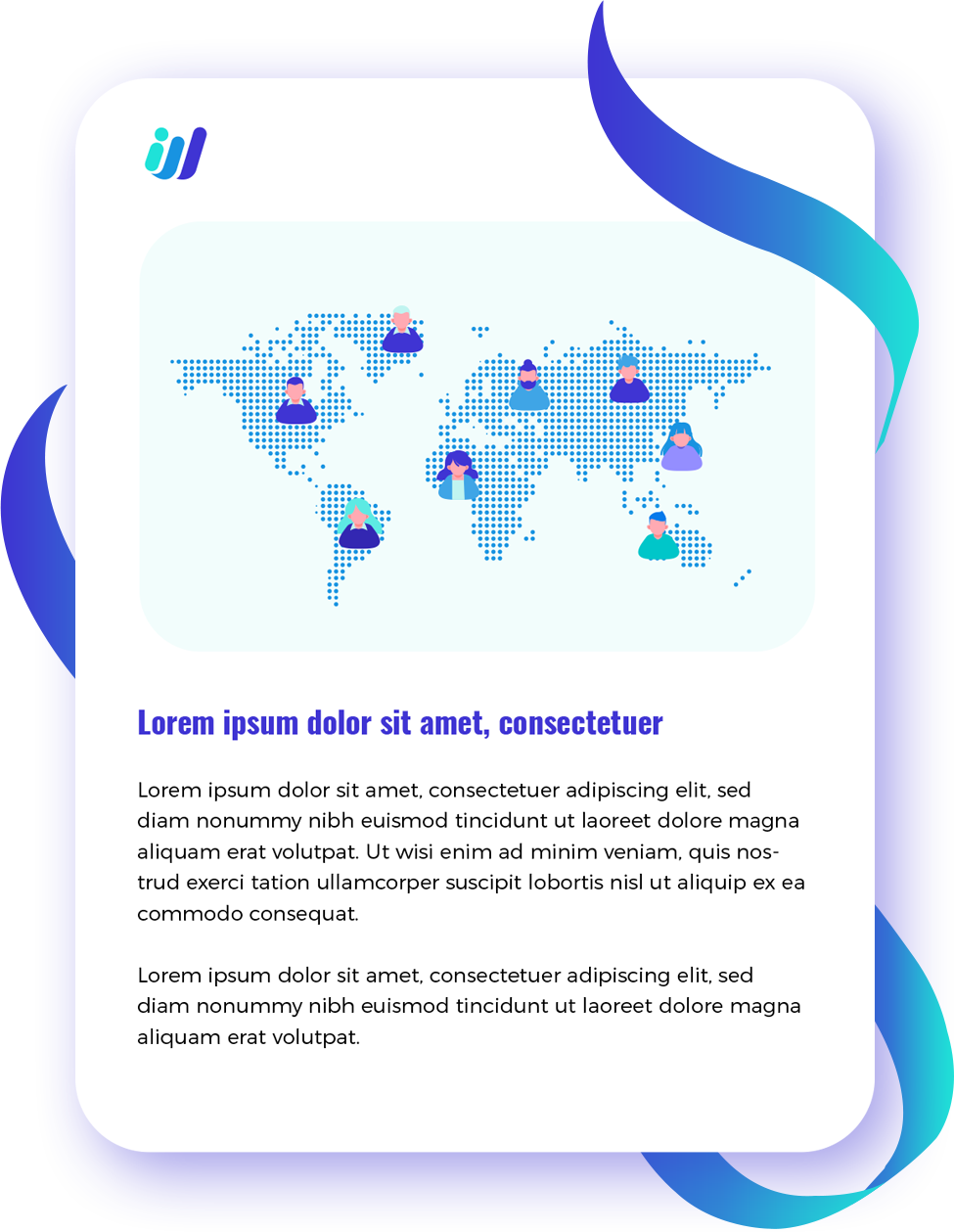Talent search has become a global phenomenon for businesses of all sizes, resulting in innovative business models. Global talent search began with outsourcing, which refers to obtaining goods and services from an outside vendor rather than internal sources.
The modern approach to running a successful business is business process outsourcing (BPO), which enables you to make the most of all factors and ideas at your disposal.
Most of the world’s largest companies use both outsourcing and directly managed offshore teams to improve efficiency and expand their business.
Major industry players like JP Morgan, Amazon, Microsoft, Google, and more have significant overseas workforces.
Why is this so? Global talent pools are remarkable and fortuitously available to U.S. businesses struggling to fill over 10 million open jobs across the country.
However, setting up an offshore team poses some challenges for small and midsized business owners. It’s not as simple as setting up their own offshore subsidiary or approaching Accenture to help them build an offshore team. Simply put, the scale is too small. It is possible to build, train, and manage remote staff using the virtual captive model, which is ideal for small and medium size enterprises.
You will learn how outsourcing works, what talent means, and how to decide when you should outsource.
How Does Outsourcing Work?
“What is outsourcing?” you might ask. ”
In recent years, BPO has become a major part of business processes, transforming the way they are done. The practice of outsourcing involves contracting particular work processes with a third party outside the organization. Depending on your business needs, it can include a variety of services.
Companies typically outsource services to fill supplementary business processes. Accounting, payroll, data recording, telephone customer service, and other tasks not considered core business functions are usually included.
Companies of all sizes can benefit from outsourcing operations, whether they are small start-ups or large corporations. As a result, they gain a competitive advantage in the entire market.
Business function outsourcing can also be defined as a business strategy for cutting operational costs while growing the business and increasing profits. As a result, outsourcing is growing rapidly.
However, how do outsourcing efforts help businesses achieve success in their respective fields and niches?
How does the Virtual Captive Model work?
Virtual captive outsourcing allows companies to build their own offshore team of any size through a business process outsourcing vendor. Recruiting, HR, facilities, IT, and equipment are handled by the vendor, while processes, metrics, and output are controlled by the organization.
It’s a win-win, contrary to conventional thinking. When accessing the global talent pool, companies enjoy the same level of control and visibility they would have with a local employee.
Now that we’ve dispelled the bad outsourcing rumors, let’s define talent; specifically, as it relates to remote employees, introduce different outsourcing opportunities, discuss training and managing an outsourced team, discuss the pros and cons, and decide if outsourcing is right for your company.
How Do You Define Talent?
In this article, let’s consider talent from the perspective of a company that successfully recruits and hires remote workers.
Let’s define talent based on aptitude, attitude, and experience, regardless of where they live.
Local and global talent should not be discriminated against. In the US, you’re going to hire someone who is detail oriented, kind, intelligent, a critical thinker, but has less experience than another candidate who is lazy and arrogant, right?
It is the same when evaluating remote employees. There is a common scenario where employers look for specific experience levels rather than high-quality attributes that make a great employee. You must determine how to define talent locally and apply that judgment to the global talent pool in order to take full advantage of remote employees.
Is Your Outsourced Talent Managed Effectively?
Having trained your team, let’s talk about managing a remote team, which has its own challenges. There is no way for you to walk into an employee’s office and see them at their desk working until 5 p.m. How can you tell how an employee is performing? Measure, analyze, and measure again.
For example, employee feedback surveys, key performance indicators, and specific performance metrics can be used to measure employee performance and provide feedback.
The three metrics of productivity, utilization, and quality are great places to start. An indicator of productivity is how many widgets are produced over a set period of time, an indicator of utilization is how much time is spent on each task, and an indicator of quality is how precise and accurate that task is.
These three metrics provide valuable insight into the performance and behavior of remote employees. Managers can use them to adjust work schedules, identify overwork situations, realign or balance tasks within a team, and examine other potential issues that may negatively affect an employee.
When Should You Outsource?
Outsourcing can be a great way to fill open positions quickly, reduce costs, and increase productivity, but it’s not a one-size-fits-all solution. It is significantly more cost-effective to hire remote workers (50-60% savings), although you need to make sure they are compatible with your company’s culture.
The following are excellent tasks or roles to start with: accounting, medical billing, customer service, payroll and HR support, underwriting, estimating, engineering, title and escrow or mortgage processing, architecture, and more. Almost anything can be outsourced, from accounting to medical billing to systems engineering to virtual optometry. Yes, offshore virtual optometry is a thing.
How do you decide if outsourcing is right for your company? The biggest companies in the world use outsourcing to be more efficient and cost-effective, but it must be a good fit for your organization and there must be buy-in.
Furthermore, if your business struggles to hire and retain local staff for mundane, back-office tasks, outsourcing may be the solution, especially if you want to reduce costs while increasing capacity. You may consider building an offshore team if your employees are overworked and struggling to keep up with the daily tasks.
Conclusion
It is crucial to be more strategic if you want to attract the best hires for your team. For your organization to succeed, you must go out and find the top-tier talent you need.
In order to remain competitive, businesses increasingly turn to outsourcing to access global talent. Businesses can stay ahead of the competition and maximize their potential by utilizing outsourcing opportunities.
Let us help you find top talents in IT, technical support, digital marketing, and cloud services so you can leverage all the benefits of outsourcing in the new normal. Request a FREE copy of the e-book on Third Wave Outsourcing .



